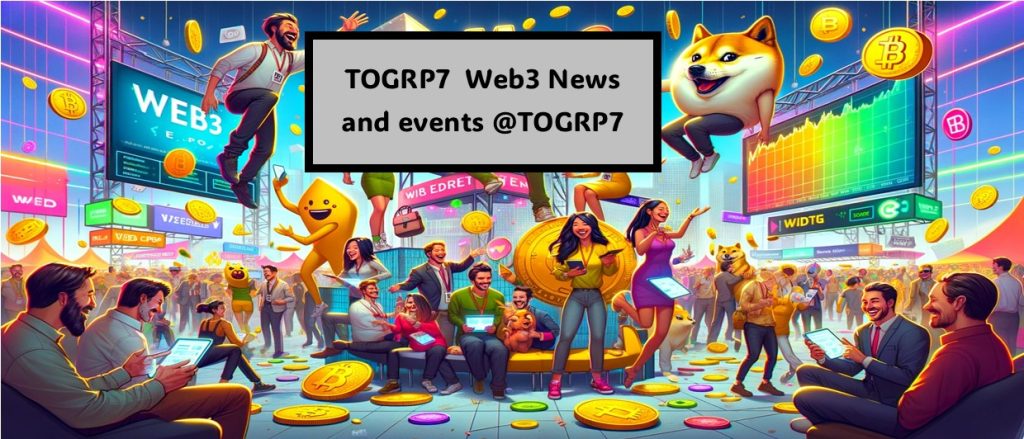Revolutionizing Group Discovery: The Impact of Topic Tags on Social Media Platforms

In the ever-evolving world of social media, staying ahead means constantly innovating. Recently, a significant update has captured our attention: the introduction of topic tags in group settings. This groundbreaking feature aims to enhance the discovery and engagement process within social networks. Let’s dive into what this change means for users and the future of social media interaction.
What are Topic Tags?
The Basics of Topic Tags
Topic tags are essentially labels or keywords that can be attached to group posts. They serve as a navigational tool, guiding users toward content that aligns with their interests.
The Role of Topic Tags in User Experience
By using these tags, users can easily sift through a plethora of information and find the content that resonates with their interests. This not only streamlines the user experience but also fosters a more engaging and tailored social media environment.
The Evolution of Group Discovery
Before Topic Tags
Traditionally, discovering relevant content in groups was like searching for a needle in a haystack. Users had to scroll endlessly or rely on less efficient search methods.
After the Introduction of Topic Tags
With topic tags, the discovery process has become more intuitive and efficient. Users can now tap into specific topics of interest with ease, making their social media experience more rewarding.
Enhancing User Engagement
Increased Participation
Topic tags encourage users to explore new groups and participate in discussions more actively, as they can easily find topics that pique their interest.
Building Communities
These tags play a crucial role in strengthening community bonds. When users engage in topics they are passionate about, it fosters a sense of belonging and community spirit.
The Impact on Content Creators
Streamlined Content Strategy
For content creators, topic tags offer a clear direction for tailoring their content to audience interests, making their efforts more effective.
Greater Visibility
By using relevant tags, creators can increase the visibility of their posts, reaching a wider audience and enhancing engagement rates.
Technical Implementation
How Topic Tags Work
When creating a post, users can add relevant tags from a predefined list or create new ones. These tags then become clickable links that lead to a filtered view of related content.
Algorithmic Influence
The platform’s algorithm uses these tags to curate a personalized feed, showing users more of what they like, based on their interactions with different tags.
Challenges and Opportunities
Moderation and Misuse
While topic tags offer numerous benefits, there’s a need for effective moderation to prevent misuse, such as spamming or inappropriate tagging.
Future Enhancements
Looking forward, we can anticipate further refinements in tag functionality, such as more sophisticated filtering options and integration with other platform features.
Conclusion
The introduction of topic tags to social media groups is a significant step forward in enhancing user experience. It streamlines content discovery, boosts user engagement, and provides content creators with a powerful tool to reach their audience. As we continue to embrace these changes, we can expect a more connected and engaging social media landscape.
FAQs
- What are topic tags? Topic tags are keywords or labels attached to group posts to facilitate easier discovery and navigation of content.
- How do topic tags enhance user experience? They streamline the content discovery process, allowing users to find and engage with topics that interest them more efficiently.
- What benefits do content creators gain from topic tags? Creators can increase their post visibility and tailor content more effectively to their audience’s interests.
- Can topic tags be misused? Yes, without proper moderation, there’s a risk of spamming or inappropriate tagging.
- Are there plans for future enhancements to topic tags? While specific plans are not detailed, we can anticipate further refinements in functionality and integration with other platform features.





